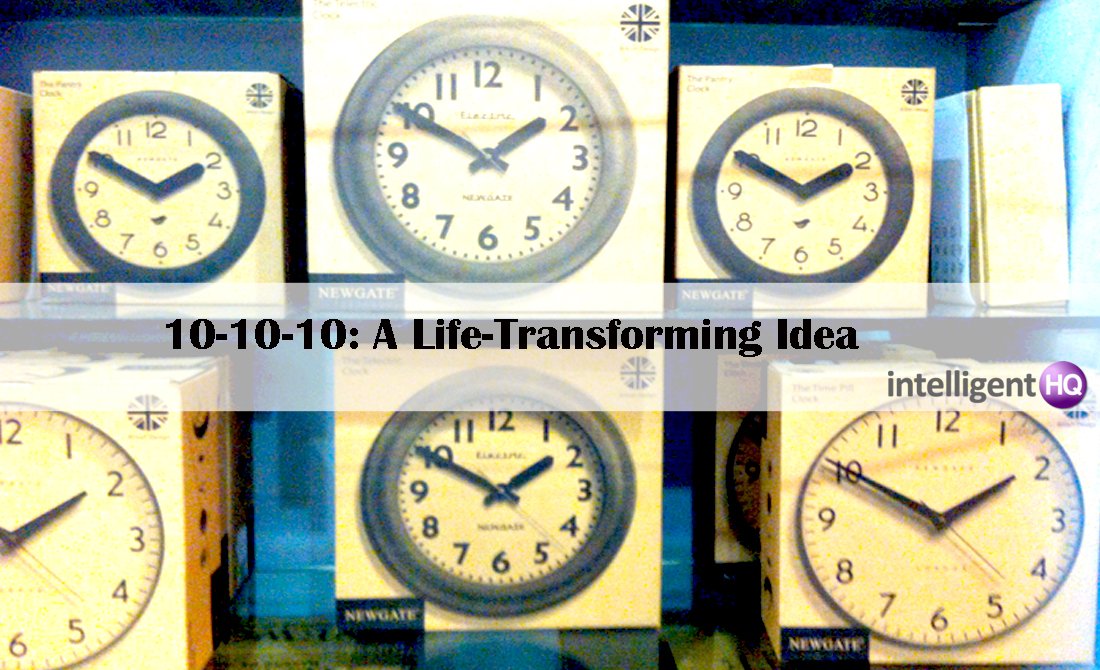“Billions of computers that can sense and communicate from anywhere are coming online,” (MIT, 2014).
This is the ominous opening statement of the MIT Technology Review of the Internet of Things. MIT argues that the Internet of Things will have a huge impact on business, though many businesses are not ready for the onslaught. The Internet of Things is where computers that usually do not participate that are embedded in everyday objects like refrigerators start being used for the information that they can gather about the environment around them, or harnessing their power to actually control that environment. The reason that this is happening now is that the component parts that allow the Internet of Things to exist are getting cheaper. Cheap radios are used for this and their current price is approximately $5. This makes it much cheaper than in the past to really be able to offer an Internet of Things.
Until now many people have dismissed the Internet of Things as being a futuristic dream, rather than reality. However, the Internet of Things is fast approaching. It is predicted that even human bodies will participate in the Internet of Things (MIT, 2014). All kinds of devices can be included and these might include sewer pipe sensors, home appliances, lights and factory machinery to name just a few. This means that it is not just technology companies that will be affected by the Internet of Things, but a seemingly endless range of other types of companies as well.
The following video, made by Mashable, summarizes what is the internet of things:
Economists have predicted that the impact of the Internet of Things could be tremendous. It could provide for the possibility of new types of platform emerging. MIT interviewed Marshall Van Alstyne, a leading economist to find out more about this. Alstyne argues that the Internet of Things will lead to these types of platforms developing because it will allow devices and products to be used in ways that they had never been conceived of being used in the past. For example, he explains that Philips Lighting is adding APIs to LED lights. This allows people to be able to use them to do a variety of things such as create a large array of different colours. This means that colours can be used to create a mood, or to “change the lights in your study in conjunction with the stock market conditions”, describes Alstyne. What it means also is that products can be opened up in such a way that third parties can create added value to them, in a similar way that apps have for iPhones. This opens up the market for a phenomenal number of different platforms, though challenges do arise from this, such as how the wealth is distributed to those that add value in this way.
MIT describes how one company, Nest, is offering value by the use of the innovative Internet of Things. The company was founded by people that formerly worked at innovation leader, Apple. It quickly created a way to transform a basic device, the thermostat into a device that was connected to the internet. It is already selling an estimated 100,000 of these per month. The device works to start obtaining data once inside a person’s home. It uses motion detectors, temperature sensors and sensors for light and humidity. All of this helps it to build up a pattern of information about the behaviour and preferences of the people that live there. One function that the Nest thermostat is already achieving is related to demand. It is able to respond effectively to demand. The Nest device uses information about people’s habits to program both heating and air conditioning settings. It achieves this through a WiFi connection that furnishes it with weather data. Customers are able to maintain control by using a web browser or a telephone. It has already signed up Austin’s municipal utility, Austin Energy to its Nest Labs’ Rush Hour Rewards experiment. This has allowed the organisation to be able to offer a rebate of $85 on a one time basis if those customers allow the organisation to trim their air conditioning use by using these smart thermostats. This is just one example of the tremendous benefits that the Internet of Things can bring, and more of these will be explored in Part 2.

Paula Newton is a business writer, editor and management consultant with extensive experience writing and consulting for both start-ups and long established companies. She has ten years management and leadership experience gained at BSkyB in London and Viva Travel Guides in Quito, Ecuador, giving her a depth of insight into innovation in international business. With an MBA from the University of Hull and many years of experience running her own business consultancy, Paula’s background allows her to connect with a diverse range of clients, including cutting edge technology and web-based start-ups but also multinationals in need of assistance. Paula has played a defining role in shaping organizational strategy for a wide range of different organizations, including for-profit, NGOs and charities. Paula has also served on the Board of Directors for the South American Explorers Club in Quito, Ecuador.



























